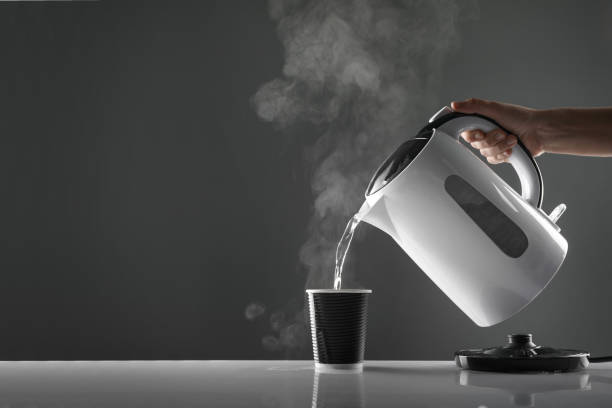What Are the Signs Your Water Heater is Going Out in Woodland?
Unusual Noises Coming from the Tank
Strange noises coming from your water heater—like popping, cracking, or rumbling—can be one of the earliest signs something isn’t right. These sounds are usually caused by sediment buildup at the bottom of the tank. Over time, minerals from the water collect and harden, making it harder for the burner or element to heat the water evenly. This creates pockets of boiling water trapped under the sediment, resulting in popping or knocking noises.
These sounds are not just annoying—they signal that your system is under stress. The buildup forces your heater to work harder, reducing energy efficiency and accelerating wear on the tank. If left unresolved, this can lead to overheating, damage to the tank lining, or even leaks.
While a one-time noise might not be cause for concern, ongoing or increasingly loud sounds should not be ignored. Among the most common signs water heater is going out, persistent noises are an early indicator that maintenance or replacement may be needed.
Homeowners in Woodland should act before these noises lead to major damage or failure. A professional inspection can help determine whether flushing the tank is enough—or if it’s time for a new unit.
Inconsistent or Lukewarm Water Temperature
When your hot water becomes unreliable—swinging between hot, warm, and cold—your water heater may be starting to fail. Inconsistent temperature is often a result of worn-out heating elements, malfunctioning thermostats, or excessive sediment buildup that prevents proper heating.
In electric water heaters, the heating elements may degrade over time, while gas models can suffer from faulty burners or pilot light issues. Either situation results in a heater that can no longer deliver water at the consistent temperature you’re used to.
This issue usually becomes more noticeable during peak usage—like morning showers or multiple appliance runs. If your system struggles to keep up with demand, it’s likely due to internal inefficiencies or damage. Woodland residents should not overlook fluctuating temperatures as a minor inconvenience.
Of all the signs water heater is going out, this one is especially frustrating for daily routines and can serve as an early warning for larger system problems. Addressing this symptom promptly can prevent complete system failure and save money on emergency repairs.
Getting your unit inspected can help determine whether a component can be replaced—or if a new water heater is the more practical solution.
Leaks or Rust Around the Base of the Unit
Leaks or rust near your water heater are clear physical signs that something is wrong. Even a small puddle or damp spot at the base of the unit can indicate that the internal tank is corroding. Over time, water combined with heat and minerals can eat away at the tank lining, leading to cracks or pinholes that let water escape.
Rust is another serious red flag. If you notice rusty water from your hot tap or see corrosion on the unit or nearby pipes, it’s a signal that the metal is breaking down. Internal rust can weaken the tank’s structure and increase the risk of leaks or bursts.
Woodland homeowners should not wait until a minor leak turns into water damage affecting flooring or drywall. Among the visible signs water heater is going out, rust and leakage are hard to miss—and should be addressed immediately.
While a leaking valve or loose connection might be repairable, rust on the tank itself usually means the unit is beyond saving. An experienced technician can confirm the source of the problem and help you plan for repair or replacement before serious damage occurs.
Higher Energy Bills Without Increased Usage
If your energy bills are increasing but your household’s water use hasn’t changed, your water heater may be the hidden cause. As units age or accumulate sediment, they become less efficient. More energy is needed to heat the same amount of water, which results in higher operating costs.
In electric water heaters, failing elements struggle to keep the water at the set temperature, causing the system to run longer. In gas models, a dirty burner or weak pilot light can produce the same result. This inefficiency doesn’t just hit your wallet—it can signal deeper issues within the unit.
Many Woodland homeowners may overlook their water heater when trying to track down increased utility expenses. However, rising energy use combined with inconsistent water temperatures or strange noises is often one of the overlooked signs water heater is going out.
If your unit is older than 8–10 years and shows multiple signs of decline, it may be time to evaluate repair vs. replacement. A professional can help you determine which option provides the best balance of efficiency and cost savings.
Conclusion
Recognizing the early signs water heater is going out can help Woodland homeowners avoid inconvenience, water damage, and high energy costs. Whether it’s odd noises, fluctuating temperatures, visible rust, or higher bills, taking action early is key to preventing system failure. Yolo Plumbing is here to provide expert inspections, honest advice, and dependable water heater solutions.







